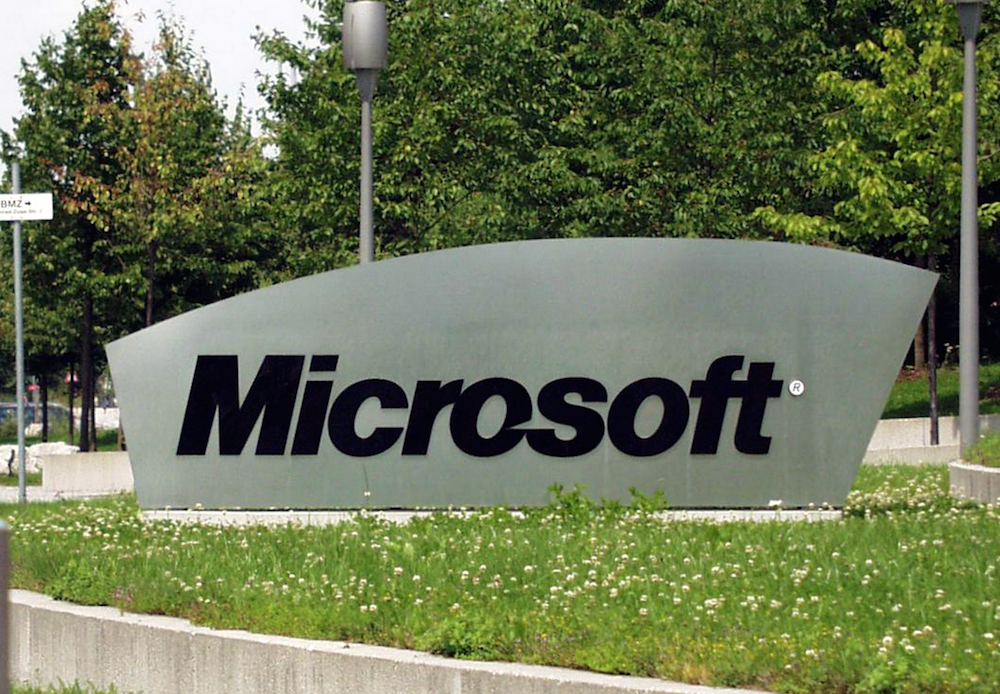Apple has been on a hiring spree, bringing in some of the best cloud engineers money can buy.
While cloud computing may not be the first thing that comes to mind when people think of the iPhone maker, the company has a large cloud presence. The App Store, Apple Music, iCloud Drive and file storage, as well as Apple TV+ are all part of the company’s cloud presence.
As Protocol reports, it’s unclear what the new hires are being brought on to tackle, although the sheer number and quality of the hires is impressive. According to Protocol, the list includes:
- Michael Crosby, one of a handful of ex-Docker engineers to join Apple this year. “Michael is who we can thank for containers as they exist today. He was the powerhouse engineer behind all of it,” said a former colleague who asked to remain anonymous.
- Arun Gupta, who joined Apple in February from AWS and is now leading Apple’s open-source efforts.
- Maksym Pavlenko, another former AWS employee who worked on its managed container services such as AWS Fargate.
- Francesc Campoy, an ex-Googler who will be working on Kubernetes for Apple.
It will be interesting to see what Apple has planned, and whether it is simply beefing up its existing services, or more directly going after mainstream cloud providers.

